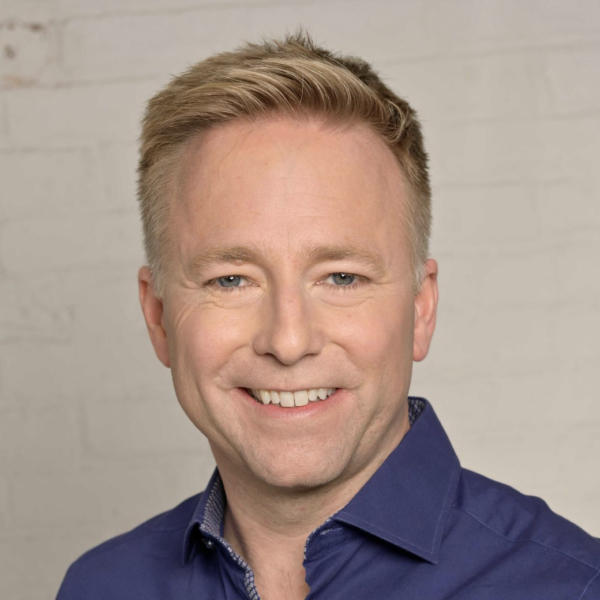All-American family defends their faith
Soon after posting a "status update" on my Facebook page earlier today, I was reminded of how Islam in the United States can become such a divisive issue.
I wrote that I was here in Tennessee seeking reaction from one American Muslim family regarding the hearings being held today by Rep. King. The Evening News linked to my Facebook post and comments immediately started popping up on both sides of the issue.
To see how the debate on Capitol Hill was being received by Muslims in Middle America we traveled to the central Tennessee town of Murfreesboro. We first came here back in the fall because it was one of several communities around the country that were in the center of controversies over the expansion or construction of a local mosque. The debate in this town of about 100,000 fell around the same time as the controversy over the proposed Islamic center in lower Manhattan.
Six months ago, the Sbenaty family seemed anxious to tell their side of the story. They're a mainstream, all American family who just so happen to be Muslim. In the fall, we were the first major television news outlets to interview them. But, since then, they've been interviewed by a number of other journalists following the story.
By the time we met again this week I got the sense that they were tired of having to continually defend their religion. The hearings on Capitol Hill don't affect them as significantly as the expansion of their home mosque here in Tennessee - but they say it's just the idea that it's another battle to explain their religion.Twenty-year-old Lema Sbenaty describes life as like being on the defensive, "You have to tell them 'oh, I'm not this way' or 'oh, I'm not that way."
Lema's father, Saleh, a professor told me, "after a while of these waves coming in - attacking you, attacking your family, attacking your principle, attacking what you believe in... you sit down and you are tired."
I got a glimpse of this first hand. After we finished our hour-long interview, we started breaking down the camera and lights and they turned on the television. One of the first news reports they watched was about the hearings and a connection to Tennessee. I watched Dr. Saleh stand and look at the television and shake his head.

